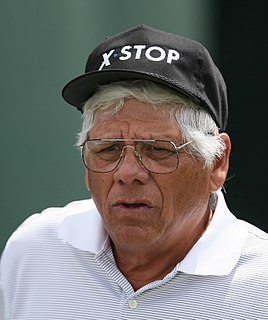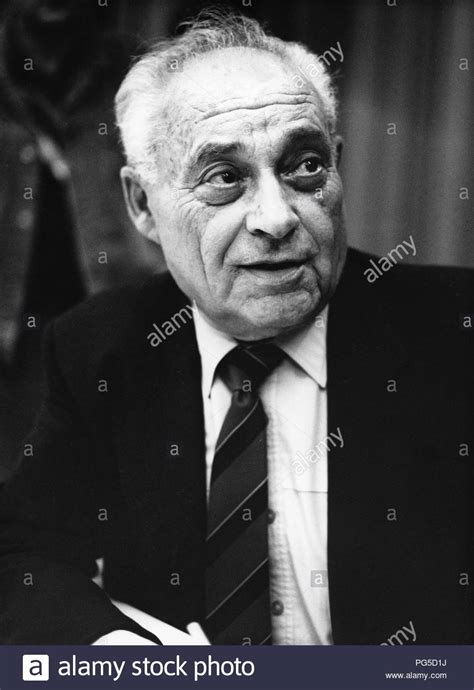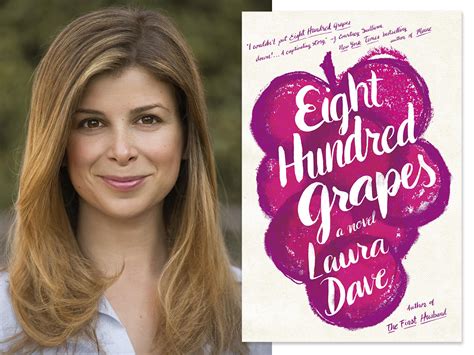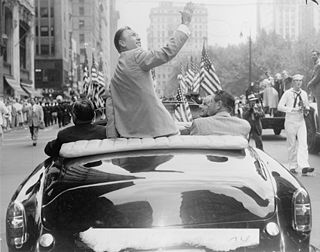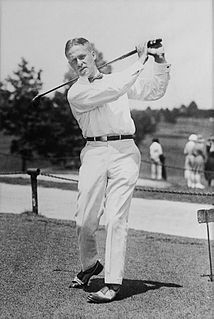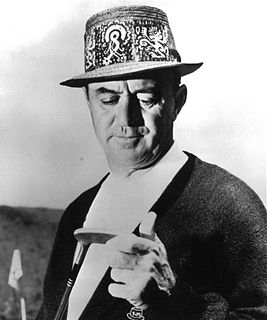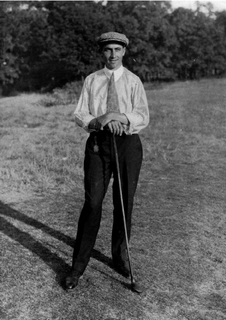A Quote by Lee Trevino
His nerve, his memory, and I can't remember the third thing.
Related Quotes
He[Napoleon] had destroyed only one thing: the Jacobin Revolution, the dream of equality, liberty and fraternity, and of the people rising in its majesty to shake off oppression. It was a more powerful myth than his, for after his fall it was this, and not his memory, which inspired the revolutions of the nineteenth century, even in his own country.
The most spectacular thing about Johnny [von Neumann] was not his power as a mathematician, which was great, or his insight and his clarity, but his rapidity; he was very, very fast. And like the modern computer, which no longer bothers to retrieve the logarithm of 11 from its memory (but, instead, computes the logarithm of 11 each time it is needed), Johnny didn't bother to remember things. He computed them. You asked him a question, and if he didn't know the answer, he thought for three seconds and would produce and answer.
To use the image of Che Guevara to sell vodka is a slur on his name and memory. He never drank himself, he was not a drunk, and drink should not be associated with his immortal memory... As a supporter of the ideals for which Che Guevara died, I am not averse to its reproduction by those who wish to propagate his memory and the cause of social justice throughout the world.
One of the things that I find most incredible about dad is the third act of his life.After all he accomplished in his professional career and what he's given for his country, at the point in his life where he's faced adversity, losing a son, having a helicopter crash, having a stroke, and what he's accomplished in this third act in his life, I find quite extraordinary.
The first thing the reasonable man must do is to be content with a very little knowledge and a very great deal of ignorance. The second thing he must do is to make the utmost possible use of the knowledge he has and not waste his energy crying for the moon. The third thing he must do is try and see clearly where his knowledge ends and his ignorance begins.
When I came on board, it was halfway through his [Frank Sinatra] 72nd year, and when he did his last show he was gaining on 80. He knew it, the audience knew it, and there was never any attempt to conceal such a thing. His vision wasn't what it had once been. His hearing wasn't. His memory was fading. He knew these things. He was very much in need of help, and I was so happy to be able, in a small way, to render that help.
I remember, in hot floods, the way he slept, still as death, with his face washed flat, stony as a carved tomb and exquisite. His weakness and his ravening bitter needs were terrible, and beautiful, and irresistible as an earthquake. He scalded or smothered anyone he needed, but his needing and the hurt that it caused me were the most life I have ever had. Remember what a poor thing I have always been and forgive me.
